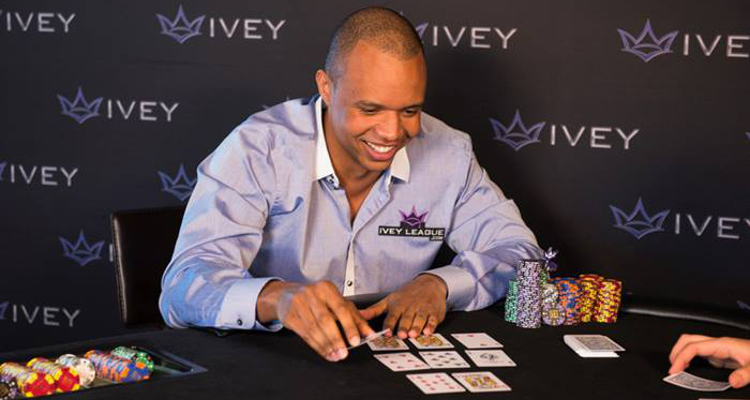In the United Kingdom, professional poker player Phil Ivey has again reportedly been thwarted in an attempt to collect the £7.7 million ($10.17 million) jackpot he claimed to have won legitimately while enjoying private games of Punto Banco at a prestigious London casino five years ago.
According to a report from the British Broadcasting Corporation (BBC), Wednesday saw the nation’s five-member Supreme Court rule that the American was not entitled to the windfall because he had broken the rules of the high-end Crockfords Club by employing a technique known as ‘edge-sorting’.
The BBC reported that ‘edge-sorting’ involves experienced players using the minute variations that appear in the patterns on the back of face-down cards [of certain brands] to help identify their numerical values. It explained that competitors often subsequently increase their chances of winning by citing superstitions in order to persuade naive Punto Banco dealers to rotate and then arrange these cards into low and high values.
The London Evening Standard newspaper reported that the Supreme Court was told that millionaire Ivey, who is the holder of ten World Series of Poker (WSOP) bracelets, had employed just such an ‘edge-sorting’ system in partnership with fellow gambler Cheung Yin Sun to win the controversial jackpot during a visit to the casino in the upmarket Mayfair district in 2012. It also reportedly heard that Genting Casinos UK Limited, which operates Crockfords Club, had returned the player’s £1 million ($1.32 million) stake but had refused to cough up any additional cash amid claims that the use of such a technique had amounted to cheating.
The newspaper reported that Ivey had argued in his appeal that he had ‘played an honest game’ by using a legitimate advantage and that the casino should have taken additional steps to protect itself from a player of his ability.
However, the Supreme Court reportedly disagreed and unanimously upheld a 2014 High Court decision along with a 2016 Court of Appeal ruling against Ivey and in favor of Genting Casinos UK Limited.
“The court agrees it was cheating,” read the Supreme Court decision written by Judge Anthony Hughes. “The key point is Mr Ivey did not just watch the cards with a trained eye but rather he took active steps to fix the shoe.”
The London Evening Standard reported that the Supreme Court decision explained that Ivey had ‘achieved the same result’ as if he had gained access to the cards by ‘duping the croupier’ and had ‘[staged] a carefully planned and executed sting’.
Paul Willcock, President and Chief Operating Officer for Genting Casino UK Limited, reportedly told the newspaper that the ruling had ‘entirely vindicated’ its decision not to pay Ivey.
“This has been a landmark case in how the courts approach cheating in the modern day,” Willcock reportedly told the London Evening Standard.



